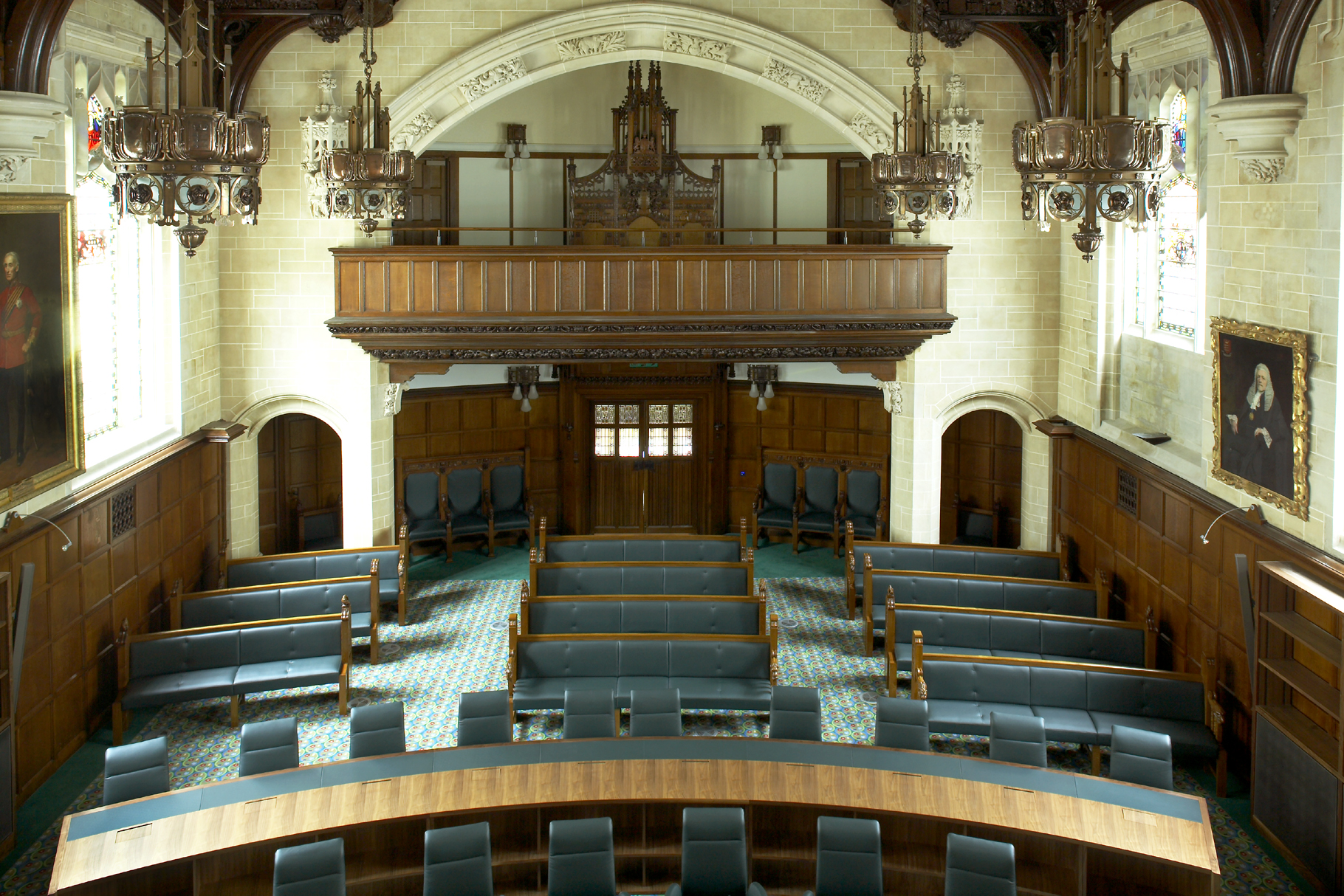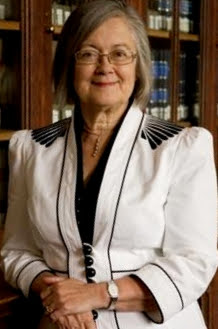
The barrister who successfully defended the year’s most high-profile divorce petition told Merrick Solicitors it took both spouses’ participation to make a marriage.
Nigel Dyer QC represented Hugh Owens in the Supreme Court when the UK’s highest court dismissed his wife Tini’s appeal against the lower courts’ refusal to grant her a decree nisi.
The landmark ruling prompted widespread publicity and renewed calls from family law solicitors for the introduction of ‘no fault’ divorce.
Mrs Owens’ petition relied upon her allegations about her husband’s behaviour to prove that she could not reasonably be expected to live with him and that the marriage had irretrievably broken down. But the Supreme Court agreed with both the original trial judge and the Court of Appeal in deciding that she had not sufficiently proved her case.
The Government subsequently opened a consultation on divorce law inviting submissions by December 10.

Mr Dyer, of London’s 1 Hare Court Chambers, said: “I think it’s difficult to see how a marriage can continue when one spouse refuses to participate in it.
“It’s got to be a consortium, and absent one party playing a role I don’t think that is a marriage.
Divorce reform necessary
“I do think divorce reform is necessary. The statute is outdated in contemporary society. It has its foundations in the matrimonial offences of the 19th century.”
Asked for his view of the outcome in the Supreme Court judgment, he said: “The Supreme Court has made it clear that the current law has been misinterpreted for many years by practitioners and judges using the expression ‘unreasonable behaviour” when referring to a petition relying on section 1(2)b (behaviour) and looking to attribute blame.
“But as the Supreme Court explained section 1(2)(b) is conduct based rather than fault based, and the behaviour complained about does not have to have caused the breakdown of the marriage.
“I think there has been a lot of misconception in the interpretation and application of the law.
“For example, a government website giving the public advice about issuing a petition provided a commentary on section 1(2)b. This stated that in order to succeed on the fact of unreasonable behaviour you have to prove quite serious fault and gave the example of domestic violence.
Linguistic trap
“The point made in the Supreme Court is that in using the expression ‘unreasonable behaviour’, lawyers and judges fell into a ‘linguistic trap’. They saw the behaviour in terms of having to prove fault when this was not necessary.
“I think that over time this misconception became commonplace. Because there are very few contested divorces the lawyers didn’t have to think about what section 1(2)b actually meant when they filled in a divorce petition. No contested divorce case went to the House of Lords and it took the Supreme Court to provide judicial guidance.”
Contested divorce cases are rare. In the Court of Appeal the President of the Family Division said that of the 114,000 divorce petitions in 2016, only 800 answers were filed. He estimated around 0.015% – less than 17 – went to a final, contested hearing.
Mr Dyer has acted in just five such contested hearings in 35 years at the Bar.
He said: “Although the case of Owens caught the nation’s attention, in reality it is relevant to only a very small minority of cases.
“It was a big noise about a very small area of family law.”
The second part of this interview with Nigel Dyer QC covering the Government’s divorce law consultation will be published shortly.
Click here to sign up for our newsletter to make sure you don’t miss it.






















